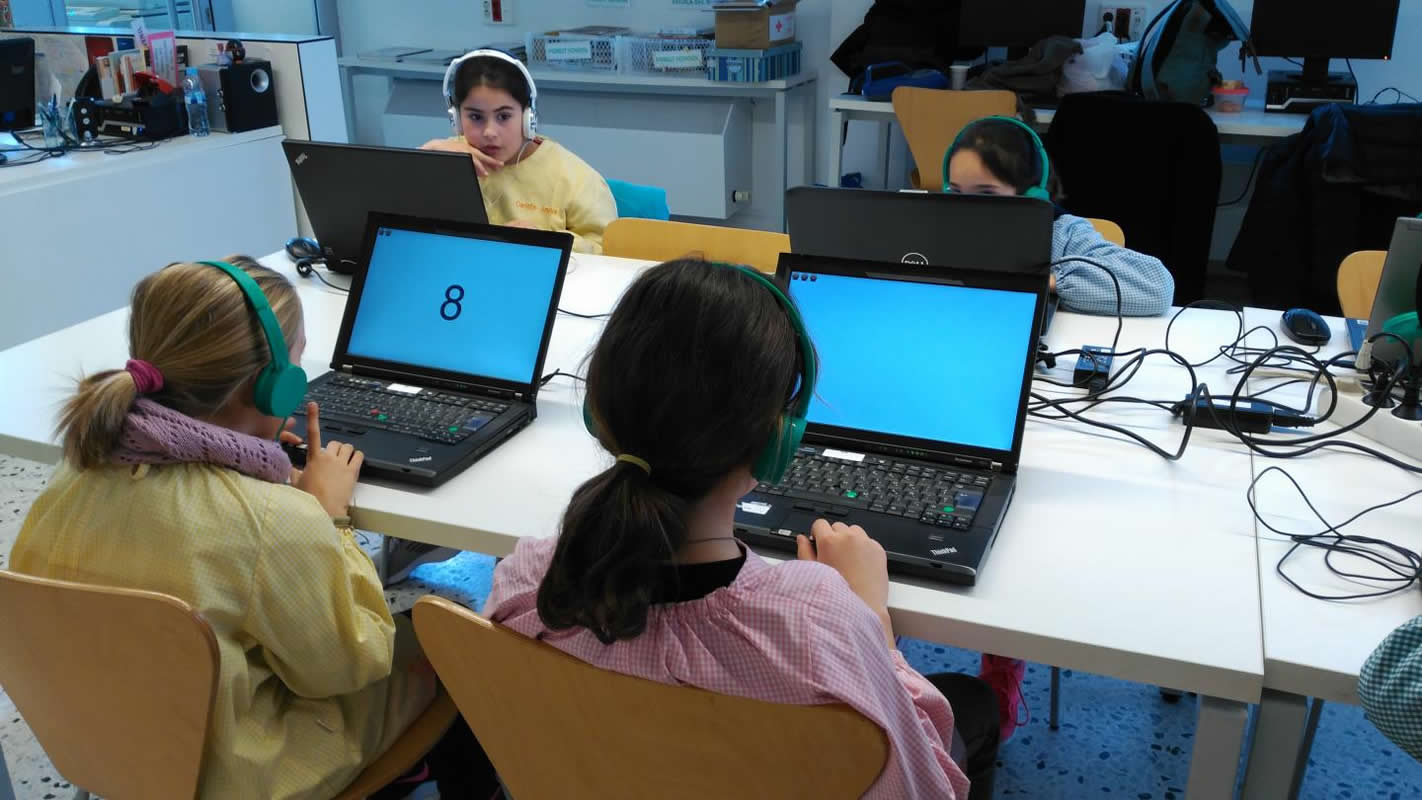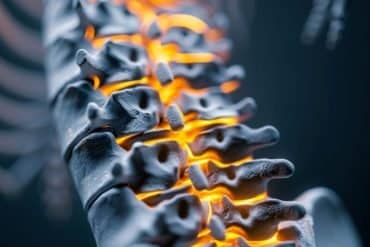Summary: Exposure to air pollution during pregnancy or during early life is linked to a reduction in cognitive abilities during child development. Greater fine particulate matter 2.5 exposure between fetal stage and 7 years old was associated with lower working memory scores in boys at age 10. Early life exposure to PM2.5 was also correlated with attention problems in both boys and girls.
Source: ISGLOBAL
A growing body of research suggests that exposure to air pollution in the earliest stages of life is associated with negative effects on cognitive abilities. A new study led by the Barcelona Institute for Global Health (ISGlobal), a centre supported by “la Caixa”, has provided new data: exposure to particulate matter with a diameter of less than 2.5 μm (PM2.5) during pregnancy and the first years of life is associated with a reduction in fundamental cognitive abilities, such as working memory and executive attention.
The study, carried out as part of the BREATHE project, has been published in Environmental Health Perspectives. The objective was to build on the knowledge generated by earlier studies carried out by the same team, which found lower levels of cognitive development in children attending schools with higher levels of traffic-related air pollution.
The study included 2,221 children between 7 and 10 years of age attending schools in the city of Barcelona. The children’s cognitive abilities were assessed using various computerized tests. Exposure to air pollution at home during pregnancy and throughout childhood was estimated with a mathematical model using real measurements.
The study found that greater PM2.5 exposure from pregnancy until age 7 years was associated with lower working memory scores on tests administered between the ages of 7 and 10 years. The results suggest that exposure to fine particulate matter throughout the study period had a cumulative effect, although the associations were stronger when the most recent years of exposure were taken into account. Working memory is a cognitive system responsible for temporarily holding information for subsequent manipulation. It plays a fundamental role in learning, reasoning, problem-solving and language comprehension.
Sex-stratified analysis showed that the relationship between PM2.5 exposure and diminished working memory was found only in boys. “As yet, we don’t understand what causes these differences, but there are various hormonal and genetic mechanisms that could lead to girls having a better response to inflammatory processes triggered by fine particulate matter and being less susceptible to the toxicity of these particles,” commented Ioar Rivas, ISGlobal researcher and lead author of the study.

The study also found that higher exposure to particulate matter was associated with a reduction in executive attention in both boys and girls. Executive attention is one of the three networks that make up a person’s attention capacity. It is involved in high-level forms of attention, such as the detection and resolution of conflicts between options and responses, error detection, response inhibition, and the regulation of thoughts and feelings.
Whereas previous studies in the BREATHE project analysed exposure to air pollution at schools over the course of a year, this study assessed exposures at the participants’ homes over a much longer time: from the prenatal period to 7 years of age.
“This study reinforces our previous findings and confirms that exposure to air pollution at the beginning of life and throughout childhood is a threat to neurodevelopment and an obstacle that prevents children from reaching their full potential,” commented Jordi Sunyer, Childhood and Environment Programme Coordinator at ISGlobal and last author of the study.
Source:
ISGLOBAL
Media Contacts:
Marta Solano – ISGLOBAL
Image Source:
The image is credited to ISGLOBAL.
Original Research: Open access
“Association between Early Life Exposure to Air Pollution and Working Memory and Attention”. Ioar Rivas, Xavier Basagaña, Marta Cirach, Mónica López-Vicente, Elisabet Suades-González, Raquel Garcia-Esteban, Mar Álvarez-Pedrerol, Payam Dadvand and Jordi Sunyer.
Environmental Health Perspectives. doi:10.1289/EHP3169
Abstract
Association between Early Life Exposure to Air Pollution and Working Memory and Attention
Background:
Although previous studies have reported negative associations between exposure to air pollution and cognition, studies of the effects of prenatal and postnatal exposures in early childhood have been limited.
Objectives:
We sought to assess the role exposure to fine particulate matter (PM2.5) during different prenatal and postnatal windows may play in children’s cognitive development at school age.
Methods:
Within the Brain Development and Air Pollution Ultrafine Particles in School Children (BREATHE) Project, we estimated residential PM2.5 exposures by land use regression for the prenatal period and first seven postnatal years of 2,221 children from Barcelona, Spain. The participants (8.5±0.9y old) completed computerized tests assessing working memory, attentiveness, and conflict network during four visits in 2012–2013. We used linear mixed effects and distributed lag models to assess the period of exposure to PM2.5 in association with cognitive development.
Results:
Inverse associations were identified between PM2.5 exposure during the fifth and sixth postnatal years and working memory, with boys showing much higher vulnerability. Regarding attention functions, exposure to higher PM2.5 levels during the prenatal period and from the fourth postnatal year were associated with a reduction in conflict network performance, though we found no association with attentiveness. The overall estimated cumulative effect of a 10 μg m−3 increase in PM2.5 resulted in a reduction in the working memory d’ score of −19.50 [95% confidence interval (CI): −31.44, −7.57] points and an increase in the conflict attentional network of 11.31 (95% CI: 6.05, 16.57) milliseconds, indicating a poorer performance.
Conclusions:
Early life exposure to PM2.5 was associated with a reduction in fundamental cognitive abilities, including working memory and conflict attentional network.






